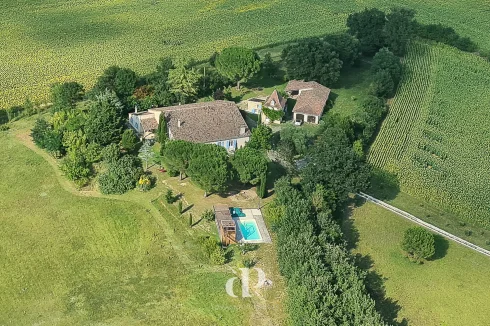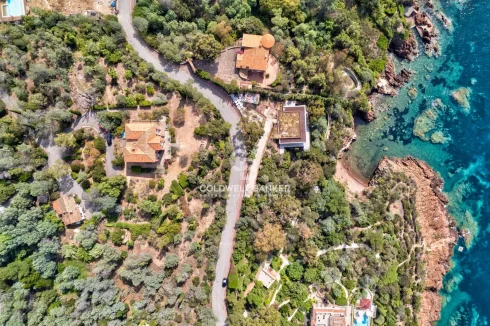How to Disinherit Your Children
Wednesday 03 September 2014
Despite the rigidity of French inheritance laws it is possible to largely disinherit one or more of your children in a lawful manner.
Specifically, the civil code enshrines two important legal concepts - 'la réserve' and 'la quotité disponible'.
That part of your estate that is ring-fenced for your descendants is called la réserve; that part of your estate that is freely disposable is called la quotité disponible.
Accordingly, you cannot freely dispose of any part of la réserve, which must be held for your children. You are only free to dispose as you wish of the quotité disponible.
The amount of your estate that is freely disposable depends on the number of children, as follows:
- Half of the estate if you have only one child;
- Two-thirds of the estate if you have two children;
- One quarter of the estate if you have three or more children.
i. French Marriage Contract
The French marriage contract is called régime de communauté universelle with the clause d’attribution intégrale.
Under the terms of this contract all of your estate can be left to the surviving spouse, with the children only then inheriting on death of the surviving spouse.
ii. Buying En Tontine
The insertion of the tontine clause means all of the real estate reverts to the surviving spouse.
iii. Purchase using an SCI
This option is particularly useful if you are non-resident, as it grants exemption from French inheritance laws.
Even if you are resident it is still possible to obtain some relief from the inheritance laws through a rather particular division of property rights between the owners, called démembrement croisé.
iv. Assurance Vie
The reason why this investment product is useful is that the capital and revenue proceeds from it are excluded from the calculation of la reserve, and you are entitled to freely nominate anyone as beneficiary of the policy.
Now, such policies are best not left until you are on your death bed, as they can be later disqualified if the premium you pay is considered to be 'exaggerated'.
However, the courts have taken a generous view on the level of the premiums that can be paid into such a policy, so provided you undertake timely and appropriate inheritance planning you can give yourself a very substantial amount of freedom of action.
v. Sale En Viager
Such schemes are known as 'equity release' or 'home reversion plans' in the UK.
You can then do what you wish with the proceeds of the sale, which will be given to you in the form of mix of capital and rent.
vi. Will
You can couple this with a donation éntre epoux (gift between man and wife) to increase the amount of the estate left to the surviving partner, a very useful option for those with children from more than one relationship.
vii. EU Will of Succession
Accordingly, in relation to those nationals from the UK, where children have no entrenched inheritance rights, you can leave your property to whomsoever you wish, provided you prepare a will to that effect, and elect to be governed by UK inheritance laws.
This rule does not affect taxation, so your inheritors will be liable to French inheritance taxes, although there are fairly generous allowances.
We will be writing more about these new rights in a due course as care needs to be taken in the preparation of the documentation associated with this option.
This article is provided for general guidance only. You need to ensure you take good tailored professional advice before you act. If you need assistance, drop us a line at [email protected].
Next Article: UK Buyers Back in Market
Thank you for showing an interest in our News section.
Our News section is no longer being published although our catalogue of articles remains in place.
If you found our News useful, please have a look at France Insider, our subscription based News service with in-depth analysis, or our authoritative Guides to France.
If you require advice and assistance with the purchase of French property and moving to France, then take a look at the France Insider Property Clinic.





